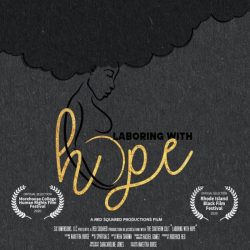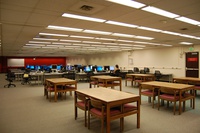Open Access Week is a yearly, global event that brings communities together to “take action, and raise awareness around the importance of community control of knowledge sharing systems.”
Each year brings a different Open Access Week theme. You can learn more about International Open Access Week, sign up for events happening across the globe, or read more about the yearly theme on the
Open Access Week website. Each year, the Open Scholarship Commons organizes events to celebrate.
This year’s Open Access Week theme is Community over Commercialization and is an opportunity to discuss approaches to open scholarship best serve the interests of the public and the academic community. The Open Scholarship Commons will celebrate with the following events:

Hacking the Academy: The Adoption of Open
Monday, October 23, 2023: 10:00-11:00am
This year’s
Open Access Week focuses on the theme of “community over commercialization” and provides an opportunity to examine the successes and challenges of adopting open practices in software development, open education, open data, and new funding models to support this work. Join our panelists as they converse around their work to support the adoption of open. This program will take place fully online through Zoom.
Our Hacking the Academy program series looks at the new ways in which research is produced, shared, archived, and reused.
Panelists:
- Ashley Farley, Program Officer of Knowledge & Research Services, Bill & Melinda Gates Foundation
- Vani Mandava, Head of Engineering, eScience Institute’s Scientific Software Engineering Center, University of Washington
- Jenny Muilenburg, Research Data Services Librarian, University of Washington Libraries
- Lauren Ray, Open Education Librarian, University of Washington Libraries
Open Education Resources 101: Find and Create Affordable Course Materials
Wednesday, October 25, 2023: 2:00-3:00pm
In this webinar, attendees will learn about Open Educational Resources (OER), free and openly licensed materials that you can use in your teaching. OER, particularly open textbooks, save students money while empowering faculty by giving them more control over their course content. We’ll cover the difference between Open Access and Open Educational Resources, how to find OER for your course, and tools for authoring and publishing your own openly licensed materials.
Reading the Fine Print: a Workshop + Hackathon on Privacy and Terms of Service for Common Research and Classroom Tools
Thursday, October 26, 2023: 1:00-2:30pm
Suzzallo Library Open Scholarship Commons, Presentation Space
Do you click accept without fully reading the terms of service for research or classroom tools? Have you tried to understand the privacy policies of tools you use for research/courses but get lost in the legalese? If so, this workshop is for you! Designed for students, instructors, and researchers alike, this online workshop will help you navigate common language used in Terms of Service and Privacy Policies and will offer
Terms of Service; Didn’t Read as a framework for reviewing agreements. The workshop will end by applying your new-found knowledge in a Terms of Service Hack-a-thon, examining and rating commonly used tools in research and coursework. Help us uncover which tools make the grade with privacy-friendly Terms of Service!
Seattle Research Software Engineer Meetup
Thursday, October 26, 2023: 3:00-5:00pm
Hybrid Meeting:
- at the UW Suzzallo Library Open Scholarship Commons (1st floor, Suzzallo Library)
Join us for the Seattle Research Software Engineer (RSE) Meetup, a FREE event sponsored by the University of Washington’s
eScience Institute and hosted by the UW Libraries’
Open Scholarship Commons. This networking event is a great opportunity for Research Software Engineers, developers, and scientists to connect, network, and build a community. It brings opportunities for conversation around open source infrastructure and community adoption tactics to support software products in the service of open science.
Whether you’re an experienced RSE or just starting out in the field, this meetup is designed to provide a friendly and inclusive environment where you can meet like-minded professionals, share your experiences, and expand your professional network. Our goal is to foster a supportive community of RSEs and create opportunities for collaboration and knowledge exchange.
The event will feature lightning talks from UW’s
Scientific Software Engineering Center (SSEC) projects, networking activities, icebreakers, and interactive discussions to help you get to know your fellow RSEs and build meaningful connections. You’ll have the opportunity to exchange ideas, learn from each other’s experiences, and explore potential collaborations in a relaxed and informal setting.
Creative Commons Workshop
Friday, October 27, 2023: 10:00-11:00am
Creative Commons (CC) licenses are an important tool in the Open Access movement. They signal that a work can be freely used and shared in ways the copyright holder allows. Join us for this fully online workshop to review how the CC licenses work and find out where to find CC licensed media.
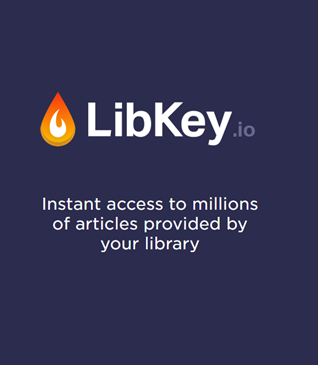

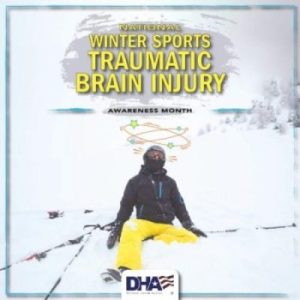

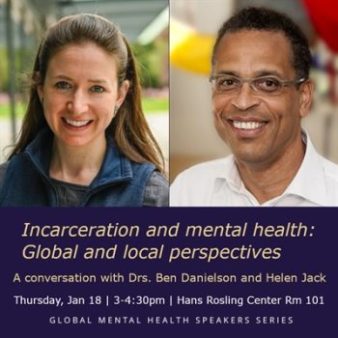
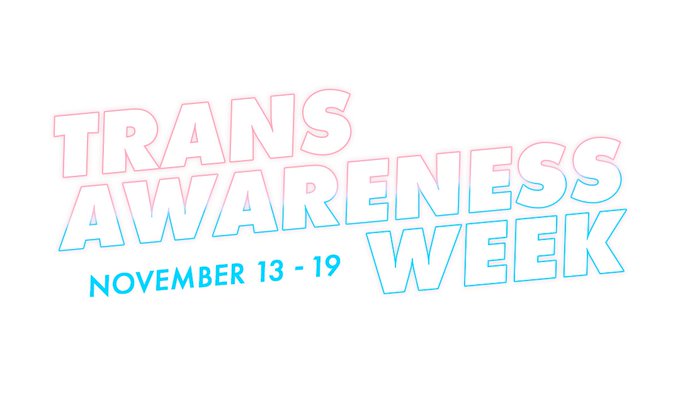

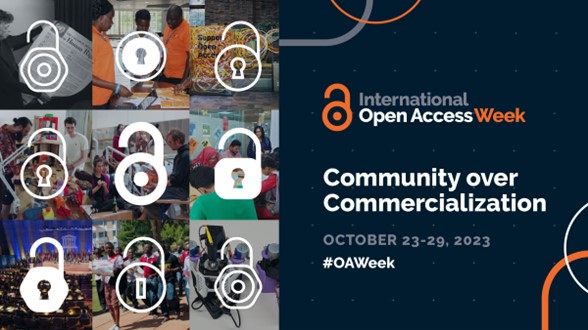



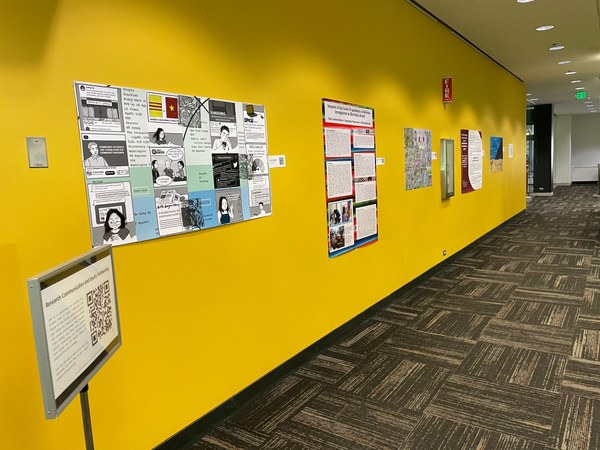


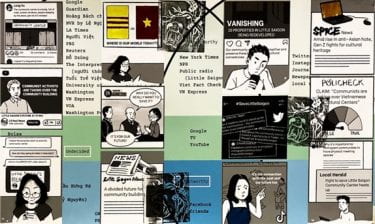 Learn more about Sarah’s work and read the accompanying bilingual illustrated booklet.
This Fellowship was funded by a “Friends of the Libraries Award” from the Friends of the UW Libraries, which covered awards for the Fellows, artifact printing costs, and reception refreshments.
Learn more about Sarah’s work and read the accompanying bilingual illustrated booklet.
This Fellowship was funded by a “Friends of the Libraries Award” from the Friends of the UW Libraries, which covered awards for the Fellows, artifact printing costs, and reception refreshments.
